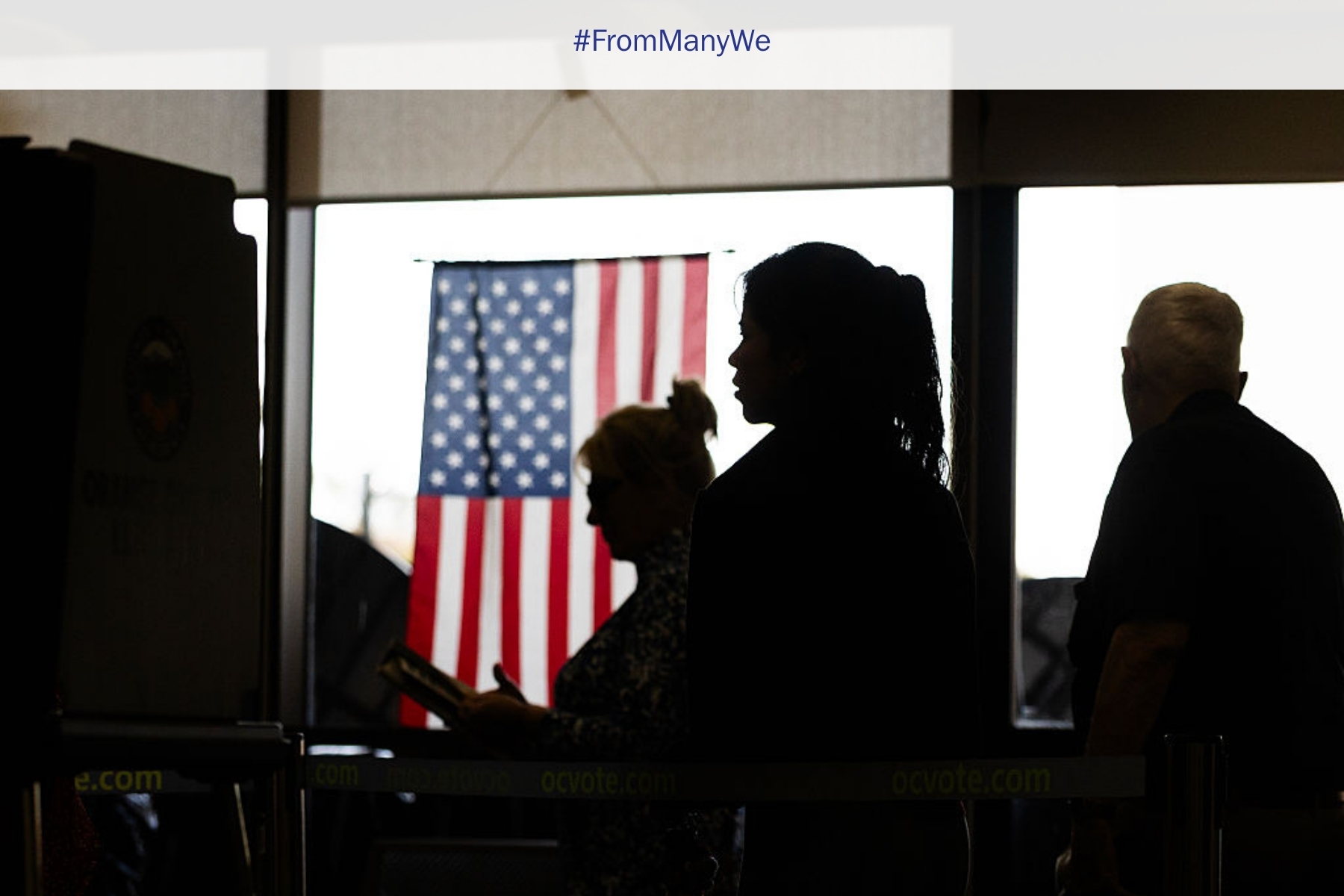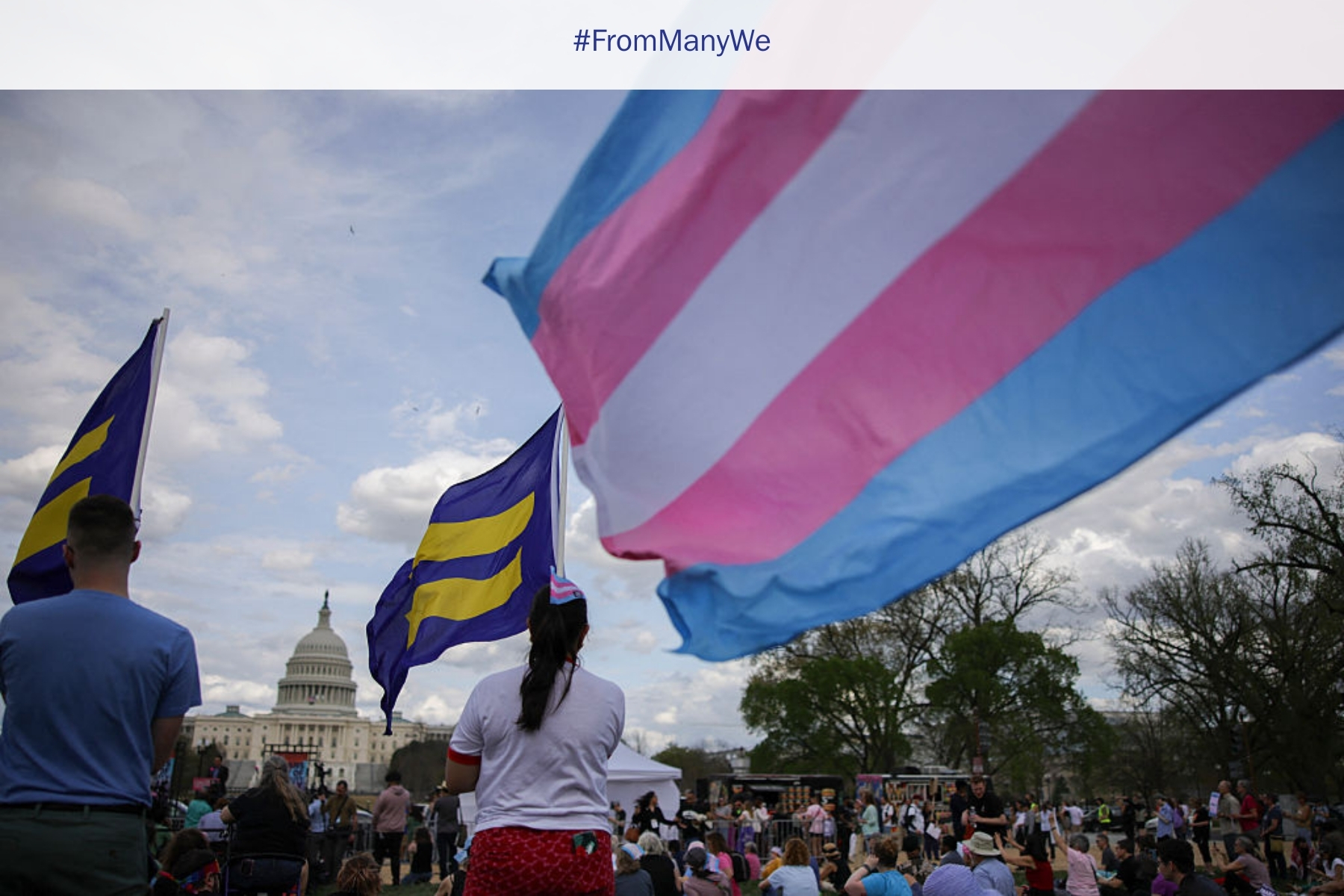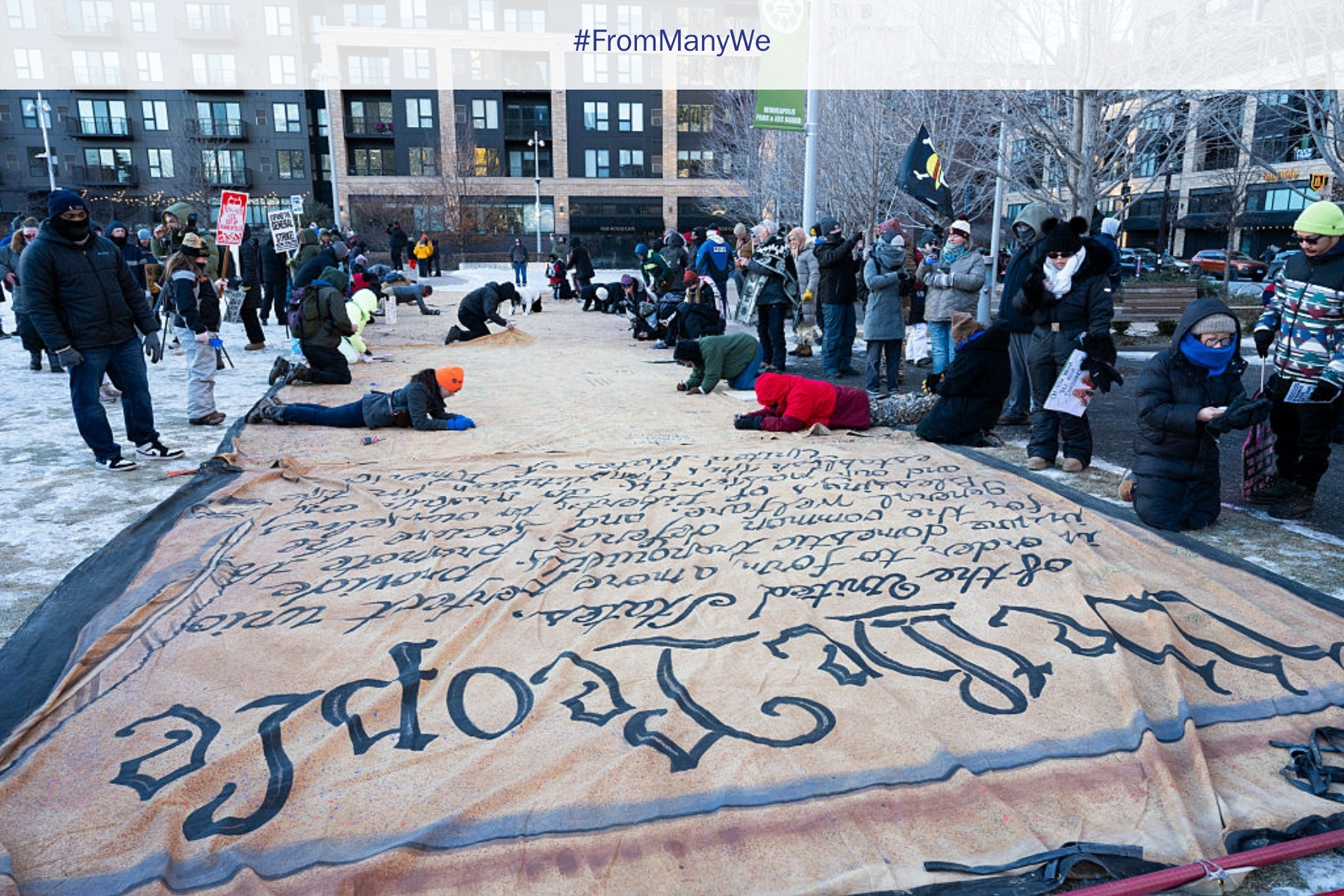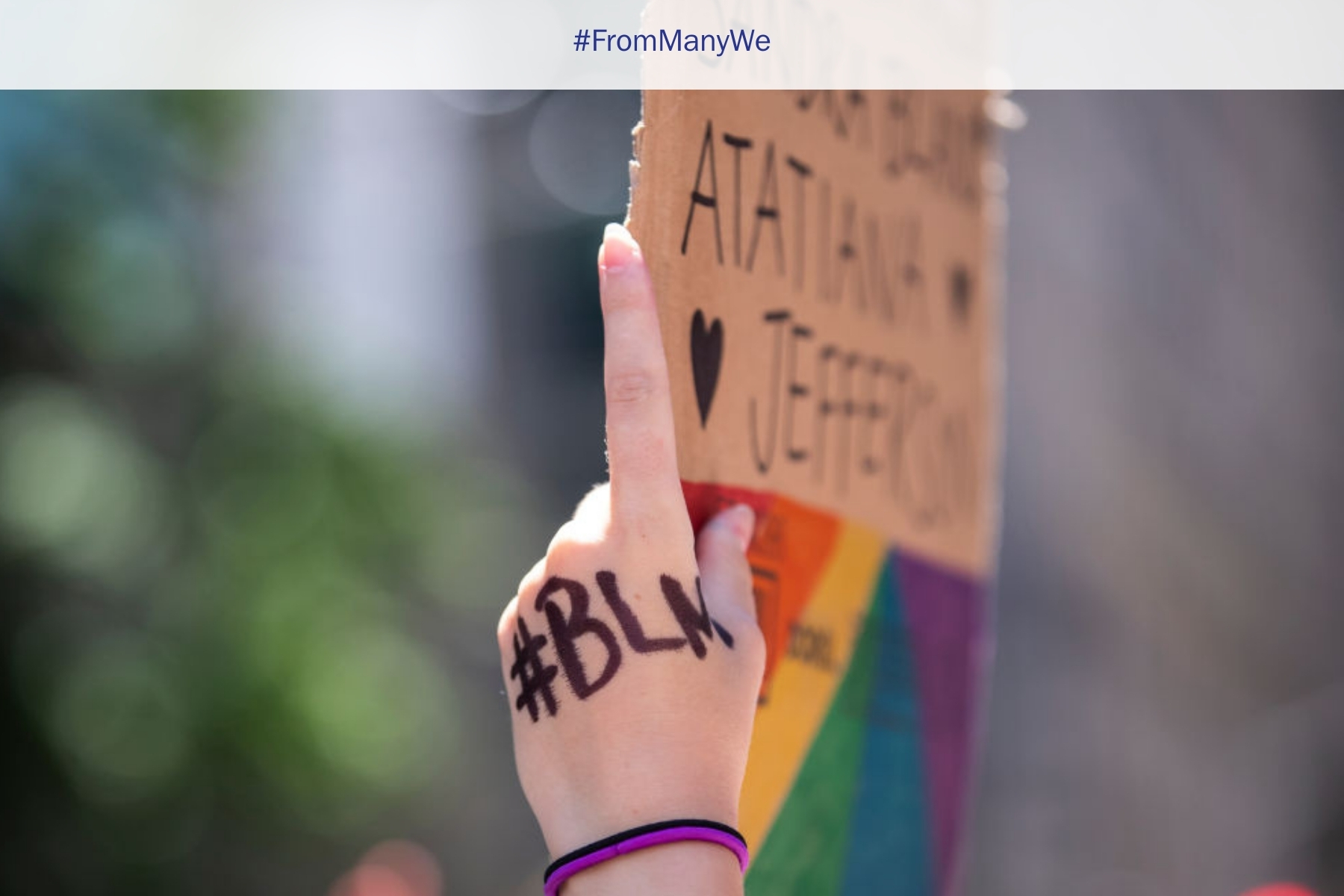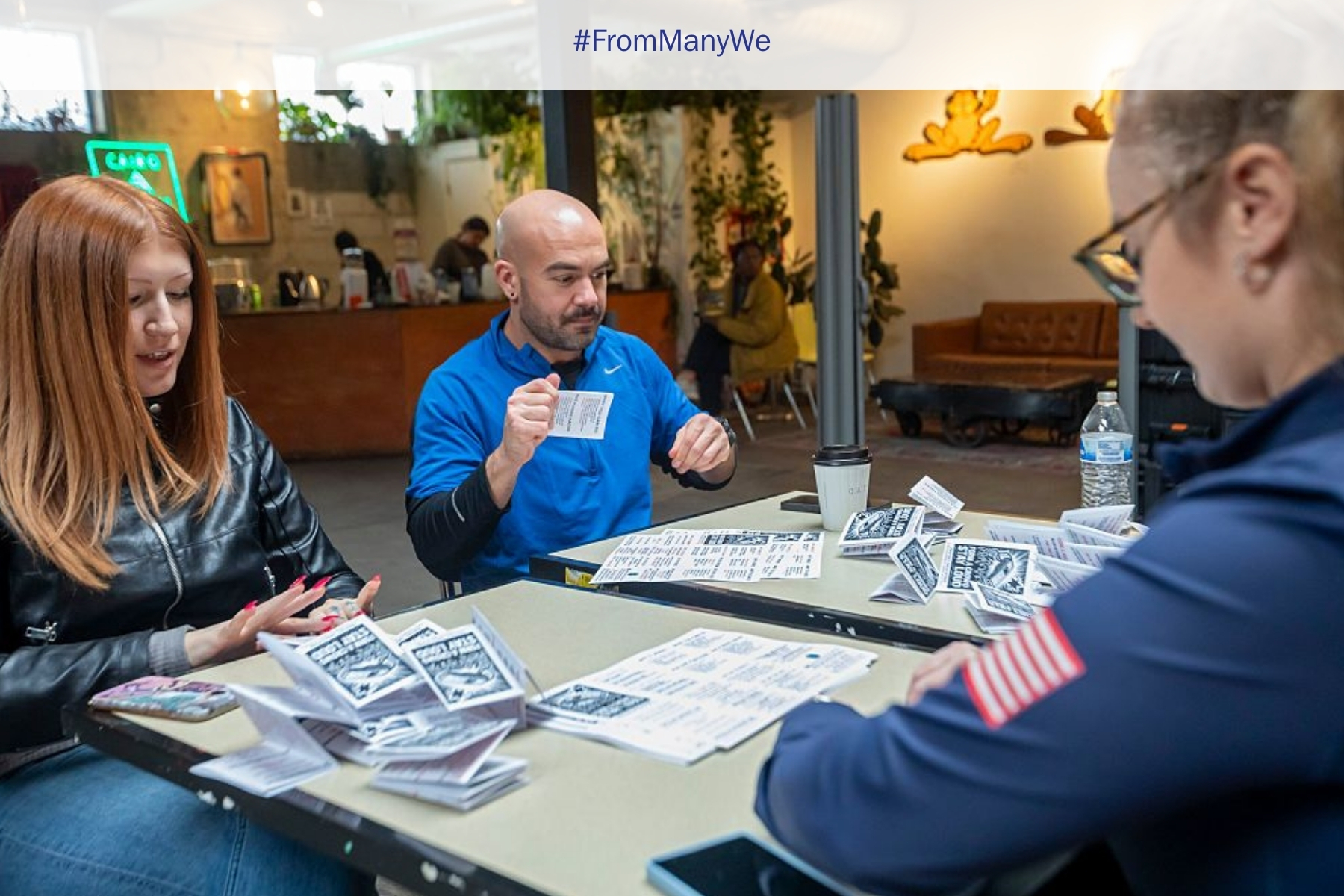When Institutions Fold, Local LGBTQ+ Communities Exemplify Courage

In the first nine months of the second Trump administration, the crackdown on transgender people has been relentless—ranging from restrictions on passports to entertaining the idea of designating organizations that support us as domestic terrorists. The presidency has wielded its powers broadly, threatening states and institutions that refuse to comply with investigations and funding cuts. Many have folded under the pressure. But there is also a spot of hope: local communities are resisting these policies and showing some of our biggest institutions that rolling over is not the only play.
Crackdown and Capitulation
Trump’s first nine months in power have been marked by the harsh treatment of groups singled out as primary targets for his administration. Chief among them is the transgender community. Executive orders aimed at penalizing schools and institutions for acknowledging trans people have rippled across multiple agencies. They declare that transgender people are inherently dishonorable and their identities false. Teachers and schools have been barred from respecting students’ gender identities. The Trump administration has banned research, pulled federal funding, and even scrubbed the word “transgender” from the Stonewall National Monument—erasing trans people from the very history we helped create.
It’s not only rhetoric that has shifted but also concrete policy. The Trump administration has turned executive orders into blunt instruments to strong-arm institutions into compliance. After the threats to federal funding were conditioned on ending gender-affirming care for trans youth, reports indicate as many as 21 hospitals have capitulated—even in blue states with strong protections—leaving parents scrambling to find care for their teens. Colleges and universities have also been targeted with letters making clear that federal funding is on the line. Brown, Columbia, Harvard, and Penn have all caved by shuttering LGBTQ+ student centers or imposing trans bathroom bans. Even news outlets have folded, and journalists who dared to criticize Charlie Kirk’s virulent rhetoric have been fired. In a previous piece for Kettering, I argued “Do Not Comply,” but what we’ve witnessed since has been a massive failure of that directive from many institutions once thought to be pillars of democracy.
Courage Is Contagious
But all hope is not lost. Acts of defiance are emerging at the local level, and they are beginning to capture national attention. Elite universities have faced funding threats designed to force them into compliance with the administration’s views on transgender people, but local school districts have been targeted as well. Unlike their elite counterparts, many of these districts have refused to roll over. Instead, they are mounting mass resistance in defense of the queer and trans students they are charged to protect.
One of the earliest signs of resistance came out of Loudoun County, Virginia, where the Trump administration threatened to pull federal funding for free and reduced-price lunches if the district refused to abandon protections for transgender students. Loudoun County refused. After LGBTQ+ activists organized large protests, the school board voted to keep those protections in place and rejected the administration’s demands. “The Loudoun County School Board remains steadfast in its commitment to ensuring every student in Loudoun County Public Schools is safe, supported, and able to thrive,” the board declared.
And courage, of course, is contagious. In the days that followed, four other large Virginia school districts rejected Trump’s demands and chose to fight the administration in court—federal funding threats be damned. Since then, major districts across the country have followed suit. Denver Public Schools declared, “We will protect all of our students from this hostile administration.” Chicago Public Schools added, “Our district will not back away from doing what we know is right.” What we are witnessing is mass local resistance as leaders are refusing to become authoritarian enforcers in an anti-LGBTQ+ panic dictated by an administration bent on stamping out the lives it deems morally objectionable.
Local Activists Seize the Narrative
It’s not just school boards pushing back—it’s also people on the ground. Nowhere has local resistance been more visible than in Florida in recent months. At the behest of the Trump administration, and with the backing of Governor Ron DeSantis’ administration, state officials ordered the removal of every Pride crosswalk in the state. One of them marked the site of the 2016 Pulse nightclub massacre. When the state’s Department of Transportation painted over it in black and white, activists showed up the next day and repainted it in rainbow.
That act of defiance forced Florida’s anti-LGBTQ+ government into a fight that revealed both its cruelty and the power of resistance. State police stationed seven squad cars at the crosswalk for weeks to keep people from chalking it over. It didn’t work, and the optics were horrible: did these police officers not have anything more important they could be doing? Activists slipped rainbow chalk under their shoes, leaving footprints that police then arrested them for. Others surrounded potholes with rainbow marks, daring the state to “fix” the colors while leaving the hazards to drivers untouched. The entire campaign drew national attention and forced DeSantis to expend real political capital. He has now tried to distance himself from the crackdown and is blaming it on the legislature.
Disruption through Litigation
Meanwhile, people have recognized that it’s not only the White House’s policies they must resist but also the enforcers and enablers—including the institutions that fold. One of the 21 hospitals that ended gender-affirming care for trans youth was University of Pittsburgh Medical Center (UPMC), once considered a community pillar. After abruptly ending services under Trump administration threats and refusing to defend its patients, a group of those very patients filed a legal complaint arguing that no federal funding threat can override state laws guaranteeing equal treatment. Whether they succeed remains uncertain. Elsewhere, hospitals are showing what resistance looks like. Boston Children’s, instead of capitulating, fought the administration in court, won, and continues to provide care for its trans patients.
The local fight is starting to percolate upward and is inspiring bigger players to adopt its tactics. In Michigan, Attorney General Dana Nessel, following the example of hospitals like Boston Children’s, warned medical providers not to comply—calling out their “cowardly acquiescence to political pressure from this president and his administration” and threatening legal action. Larger school districts and cities are following suit: New York City’s schools have rejected anti-trans capitulation measures, and mayoral frontrunner Zohran Mamdani has pledged opposition. Even Gavin Newsom, criticized in recent months for wavering on trans rights, has rebuffed demands for capitulation at California universities and is calling Trump’s actions “extortion.” Resistance, when it starts local, has a snowballing impact.
No authoritarian movement succeeds without enforcers. Whatever the policies in Washington, we live local lives—and it is the choices of people in our own communities that shape whether we are protected or exposed. When local leaders fold, the harm is immediate. But when they step up—when they refuse to become instruments of authoritarian power—they plant the seeds of broader resistance. Across America, that resistance is growing. And it is local school boards, activists, and hospitals that are showing the so-called pillars of liberal society what it actually means to fight—and win.
Erin Reed (she/her) is a transgender journalist based in Washington, DC. She tracks LGBTQ+ legislation around the United States for her subscription newsletter, ErinInTheMorning.com.
From Many, We is a Charles F. Kettering Foundation blog series that highlights the insights of thought leaders dedicated to the idea of inclusive democracy. Queries may be directed to fmw@kettering.org.
The views and opinions expressed by contributors to our digital communications are made independent of their affiliation with the Charles F. Kettering Foundation and without the foundation’s warranty of accuracy, authenticity, or completeness. Such statements do not reflect the views and opinions of the foundation which hereby disclaims liability to any party for direct, indirect, implied, punitive, special, incidental, or other consequential damages that may arise in connection with statements made by a contributor during their association with the foundation or independently.
